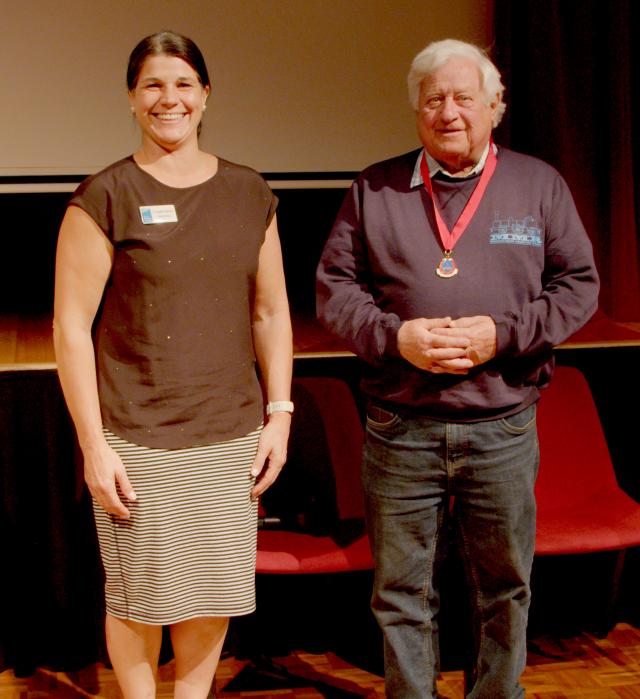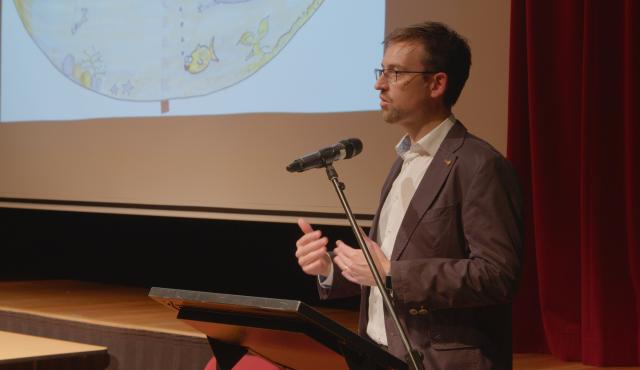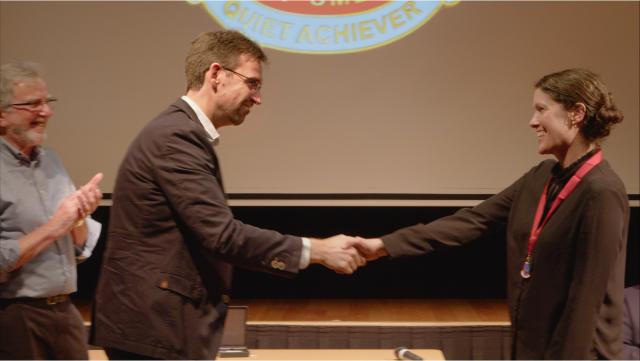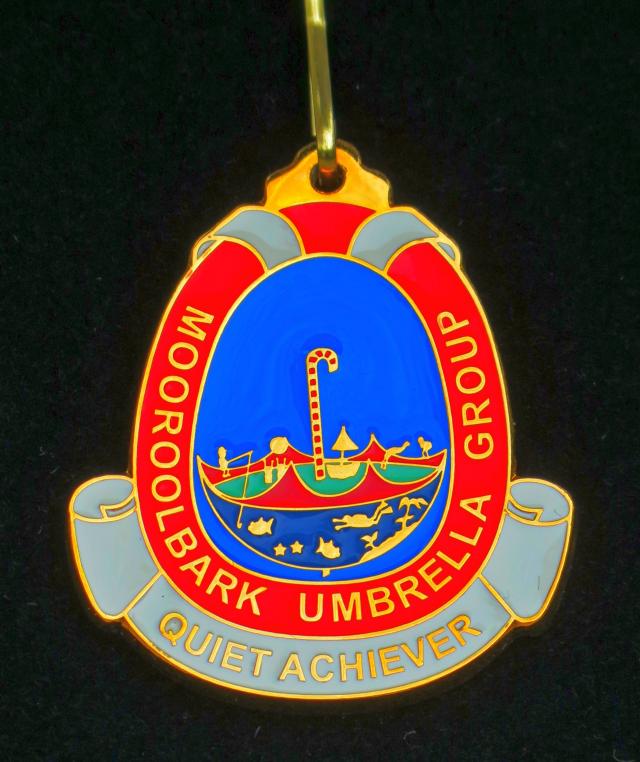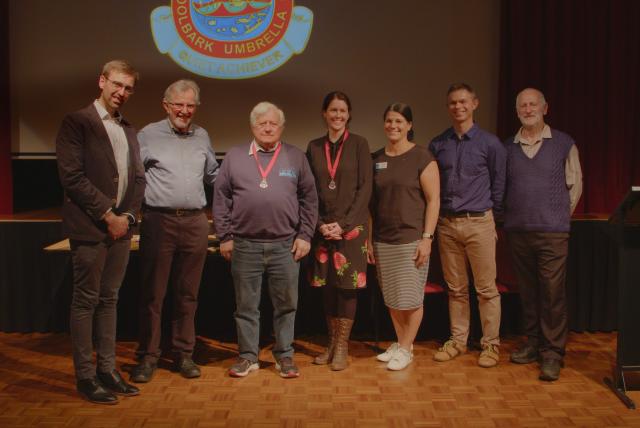
By Mikayla van Loon
Two members of the Mooroolbark community have been recognised for their commitment to helping the suburb prosper over many years.
The Mooroolbark Umbrella Group (MUG) hosted its annual forum and quiet achiever awards on Wednesday 19 October, celebrating local people and the town.
Awarding people who have dedicated time and effort to Mooroolbark, MUG honoured Peter Jones and Yolande Pickett with the ‘quiet achiever’ awards for 2022.
Having been nominated for the awards, both Mr Jones and Ms Pickett were chosen by MUG as a way of recognising their commitment to the community.
“Most of the people who’ve been awarded, their first reaction is ‘no, not me. I don’t do very much, or I’m just one of a team’,” MUG president Randell Bourchier said.
“So we help them see that when we award an individual, we’re doing more than that, we’re actually honouring people like them who serve in similar ways.”
Mr Jones was recognised, on behalf of the Mooroolbark Miniature Railway, for the 40 years of service to this community asset and activity of tremendous joy.
“Through thick and thin, they’ve been there and it’s very easy to take these things for granted,” Mr Bourchier said.
“I can’t remember hearing them be acknowledged in any public way all the time I’ve been here and yet here’s a service that is just so willingly offered deriving from the passions and enthusiasms of the members.”
Ms Pickett has served the Mooroolbark community in many ways over the years, helping to organise the Celebrate Mooroolbark festival and many art projects.
“She’s served in Mooroolbark since 2009, she arrived on our radar. She’s been just wonderful.
“[By] 2012 she was already such a great asset in the community, and it hasn’t diminished since. She’s very passionate. She’s a great woman. I feel very privileged to have her here and to count her as a friend.”
While the awards were a highlight, the evening began with a powerful and poignant talk from dementia researcher Dr Scott Ayton, who has been working on a project that has seen a small breakthrough.
“Scott Ayton’s presentation was kind of sombre and moving and encouraging all at the same time,” Mr Bourchier said.
“He said ‘most of the time, the lead you’re following is futile but sometimes you strike lucky’ and they’re very encouraged by the news that there’s been just a little breakthrough in trials, some sort of a drug that seems to diminish the speed of dementia by about 20 per cent.”
Mr Bourchier said this was encouraging to quite a few of the people in attendance as well, many who were carers themselves or knew of someone with dementia and felt comfortable sharing and asking questions of Dr Ayton.
“There was a big range of questions, several that came from people who are working in either care or pastoral care for people who are suffers.”
“One from someone who had practised meditation for a long time and found that some childhood memories had been rekindled.
“Another one, from a nurse who started singing when she was in her ward with someone at one point, and this woman started singing too, it was the first time she’d said anything for 17 months.”
Since the annual event started in 2011, MUG has invited a range of speakers to talk, ranging from Ron Iddles to Michael Carr-Gregg and Frank Woodley.
“Over the years, we’ve had an incredible diversity of speakers who have all brought something that has been unique and cause for reflection.”
MUG started in 2009 intending to be an organisation that would support other organisations to help support the community.
“We wanted to really create an environment where there would be greater cooperation between the already successful and contributing organisations and groups in the town and I think that’s happened to a large extent.
“It’s not a controlling body in any way. We do our best work behind the scenes, so when a need emerges, we look for ways of responding to that.”

